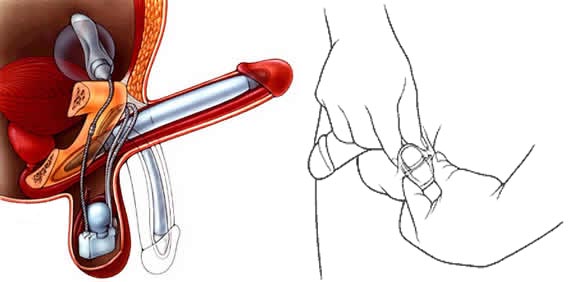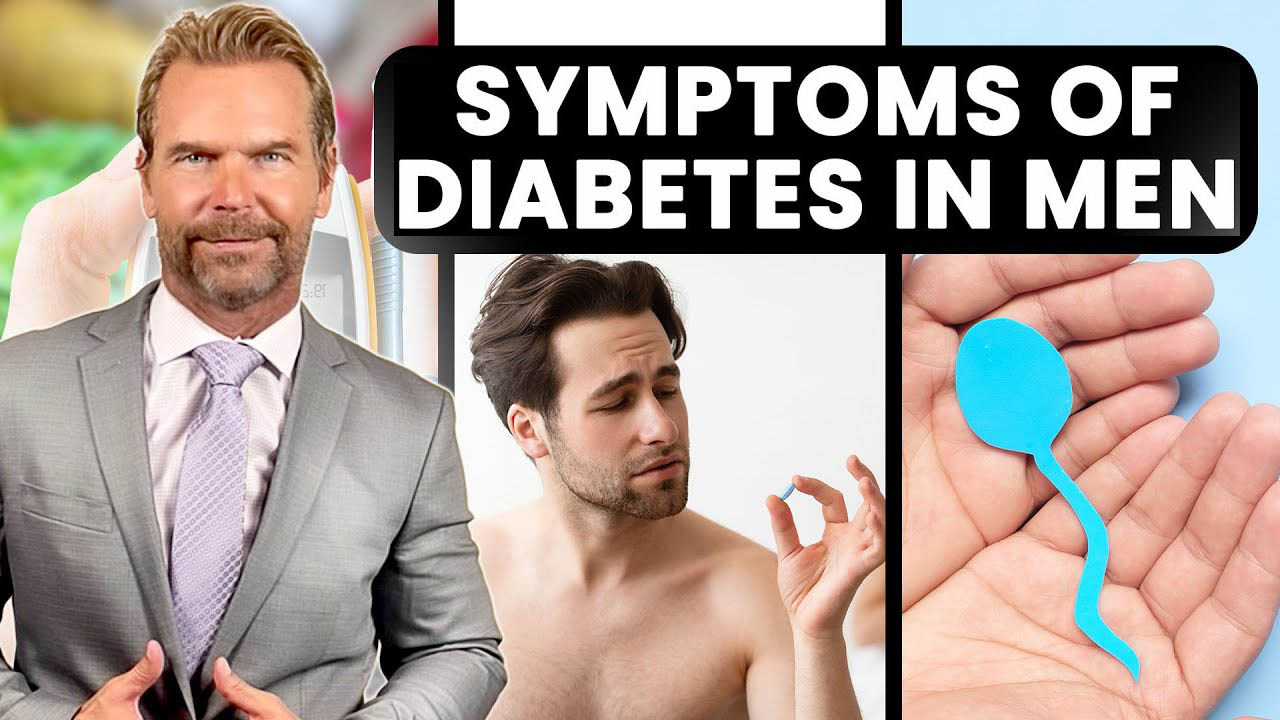If you have erectile dysfunction (ED), you are not alone. In fact, about 10% of men have ED.
When a man has ED, he is “impotent.” He cannot get a firm erection or keep his penis erect during intercourse. There are some common causes of erectile dysfunction. There are also some common diseases (such as diabetes, heart disease, and prostate cancer) that are associated with ED or have treatments that may cause impotence. In some cases the cause may be psychological.
Doctors today, particularly urologists, can successfully treat almost every case of impotence. One or more of a variety of treatments can help a man get a firm erection and keep it throughout sexual intercourse.
Click the links on this page to learn more about the prevalence of ED, its progression, how various treatments can improve your quality of life, and more. And if you have more questions, call +91 9403821740
Definition of Erectile Dysfunction
If you have erectile dysfunction (ED), your penis does not get or stay hard enough for sex. Your sex drive may be normal. But you may not be able to start or finish intercourse.
Prevalence
Erectile dysfunction is also called “impotence.” It is very common. About one in ten men have ED.
Any male can have erectile dysfunction. In fact, most men will experience temporary impotence at some point in their lives. Stress, anxiety, or too much alcohol often causes temporary ED.
You are more likely to have ED if you are over 40. The older you are, the greater the chance of erectile dysfunction. However, it is NOT inevitable.
General Causes
Erectile dysfunction is not a disease. It is a condition that results from other causes. Sometimes it is even a symptom of a much larger disease such as diabetes or heart disease.
Injury or disease causes up to 85% of erectile dysfunction. About 10% is psychological. The remaining 5% is “unknown.” So the cause of most ED is in the body and not the mind.
Physical Causes
An erection results from a complex series of events. It involves nerve impulses in your brain, spinal column and the area of your penis. It also involves muscles, tissues, veins, and arteries in and near the cavities running the length of your penis. The following chart shows the most common physical factors that contribute to impotence.
Impotence / erectile dysfunction has a variety of physical causes
Disease or injury that slows or prevents blood flow to your penis may lead to erectile dysfunction.
For example:
- Pelvic trauma, which results from accidental injury or prostate treatment.
- Pelvic surgery for conditions of the prostate, bladder, colon, or rectal area.
- Diabetes can damage the nerves or blood vessels that control blood flow to your penis. If you are diabetic, you are up to five times more likely to have erectile dysfunction.
- Vascular problems, including heart disease and hardening of the arteries, can slow or prevent blood flow into the penis. Sometimes veins in the penis may leak, preventing it from staying hard.
- Neurological disorders include spinal cord injury and multiple sclerosis (MS). These, too, can cause erectile dysfunction.
- Medications include prescriptions for high blood pressure, depression and other conditions. Some may cause impotence by interfering with nerve impulses or blood flow to your penis. A change in dose may reduce the risk. NEVER change your medication without your doctor’s permission.
- Alcoholism disrupts hormone levels. It can also cause permanent nerve damage and impotence.
- Hormone imbalance caused by certain diseases, such as kidney failure and liver disease, can lead to impotence.
Psychological Causes
When there is no physical problem causing impotence, doctors call it psychological impotence. Depression, job stress, and a troubled marriage can cause impotence. So can financial worries. Even something as simple as an everyday concern can trigger ED.
Quality of Life Issues
ED can damage your quality of life. Impotence can bring worry, anxiety, depression, and loss of self-esteem. It often leads to tension and conflict with your marriage or sexual partner.
Men often think they have to live with impotence. This is not true, because there are many good treatments. Most likely one of them will work for you.
Treatment Overview
You may not be able to avoid ED, but you can get successful treatment at any age.
Each treatment has advantages and disadvantages. The best treatment for you depends on many things, including your physical health and the level of sexual spontaneity that you and your partner want. With the exception of penile implants, all treatments unfortunately interfere with spontaneity to some degree.
Oral medications such as Viagra improve blood flow to the penis. For most men, Viagra is a logical first step to treat erectile dysfunction.
Viagra should be taken 30 to 60 minutes before sex. Viagra increases blood flow to the penis to allow an erection. However, you must also be sexually stimulated to attain an erection using Viagra.
Viagra is not ideal for all men. Viagra fails 30% to 40% of the men who try it. If Viagra has failed for you, or if your doctor has not prescribed Viagra because you are using a conflicting medication, you should seek one or more of the other ED treatments described here.
Impotence / erectile dysfunction can be treated with a penile implant. Also called “internal pumps,” implants can be very effective if other treatments such as Viagra have not worked. The implant is completely concealed within your body. Before sex you easily control the device to cause an erection. This promotes spontaneity.
- Penile implants have been modified and enhanced over the past 25 years. Nearly 300,000 men with ED have an implant. Studies show very high satisfaction among these men and their partners.
- Urethral suppositories. Prior to sex, you insert medication into your urethra. The medication produces an erection.
- Injection therapy. You inject a drug directly into your penis prior to intercourse to produce an erection.
- Vacuum erection devices. The device creates a vacuum around your penis. The vacuum draws blood into your penis to produce an erection. You keep the erection with an elastic band around the base of your penis.
- Vascular surgery. For a few men, vascular surgery may improve blood flow to the penis. Surgery may also repair leaking veins that prevent keeping an erection.
- Counseling and sex therapy. Counseling or therapy can often solve a psychological problem causing impotence.
- ESWT for erectile dysfunction (ED). Extracorporeal shock wave therapy (ESWT) has a variety of uses in medicine. Depending on the intensity, ESWT can be used to shatter kidney stones, treat tendonitis, and help patients with bursitis. ESWT for erectile dysfunction (ED) is fairly new. Studies have found it helpful for men who have ED caused by blood flow problems.
When a man is sexually stimulated, the arteries in his penis widen and allow blood to flow in. This blood makes the erection firm enough for sex. Once there is enough blood in the penis, veins constrict to keep the blood in until the man ejaculates. Then, the blood flows back into his body.
- ED1000. Helps men improve erectile function, using body’s own healing ability to restore blood flow. ED1000 is a revolutionary, non-invasive treatment that treats the underlying cause of erectile dysfunction. Explore ED1000 today at one of our many clinics.
Click here for more information about treatments for ED.

Treatment Works!
Persistent impotence will not go away by itself. But you do not have to live with it. You can get treatment that works.If you think you have erectile dysfunction, see a urologist as soon as possible. Find one who specializes in treating impotence.




